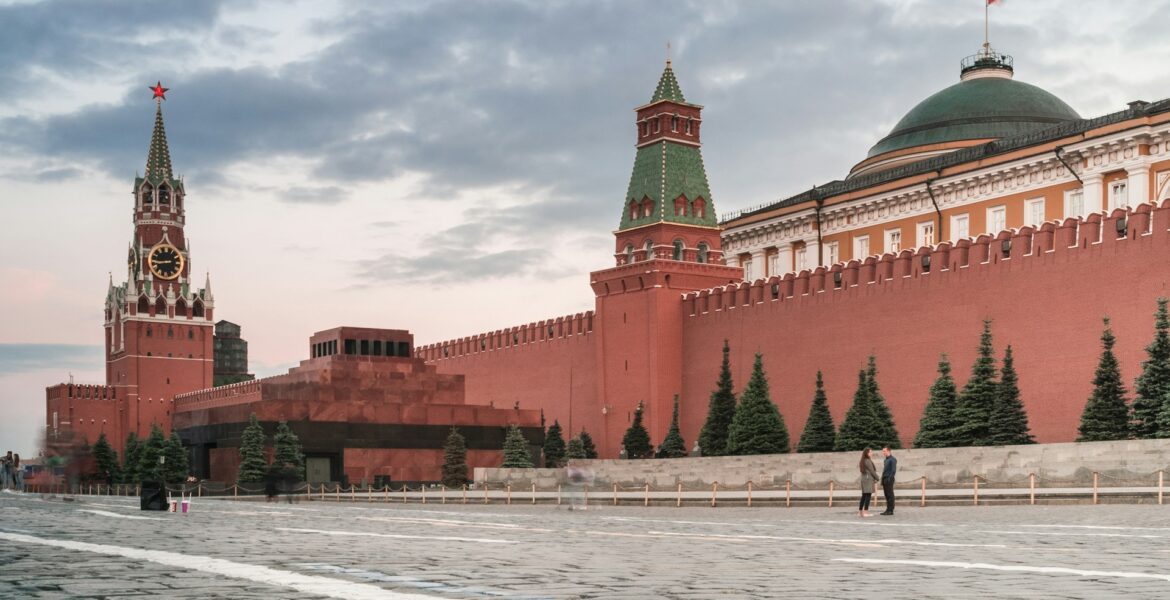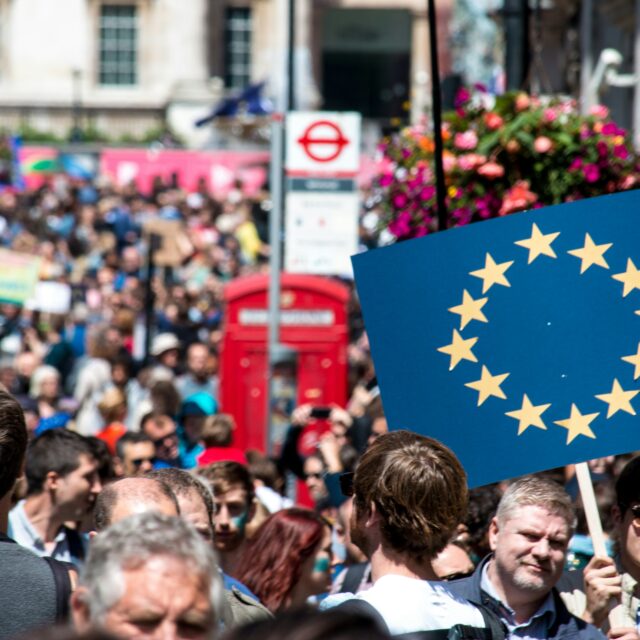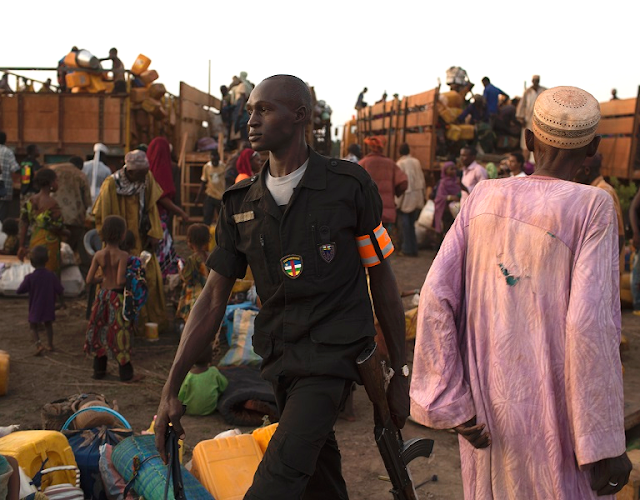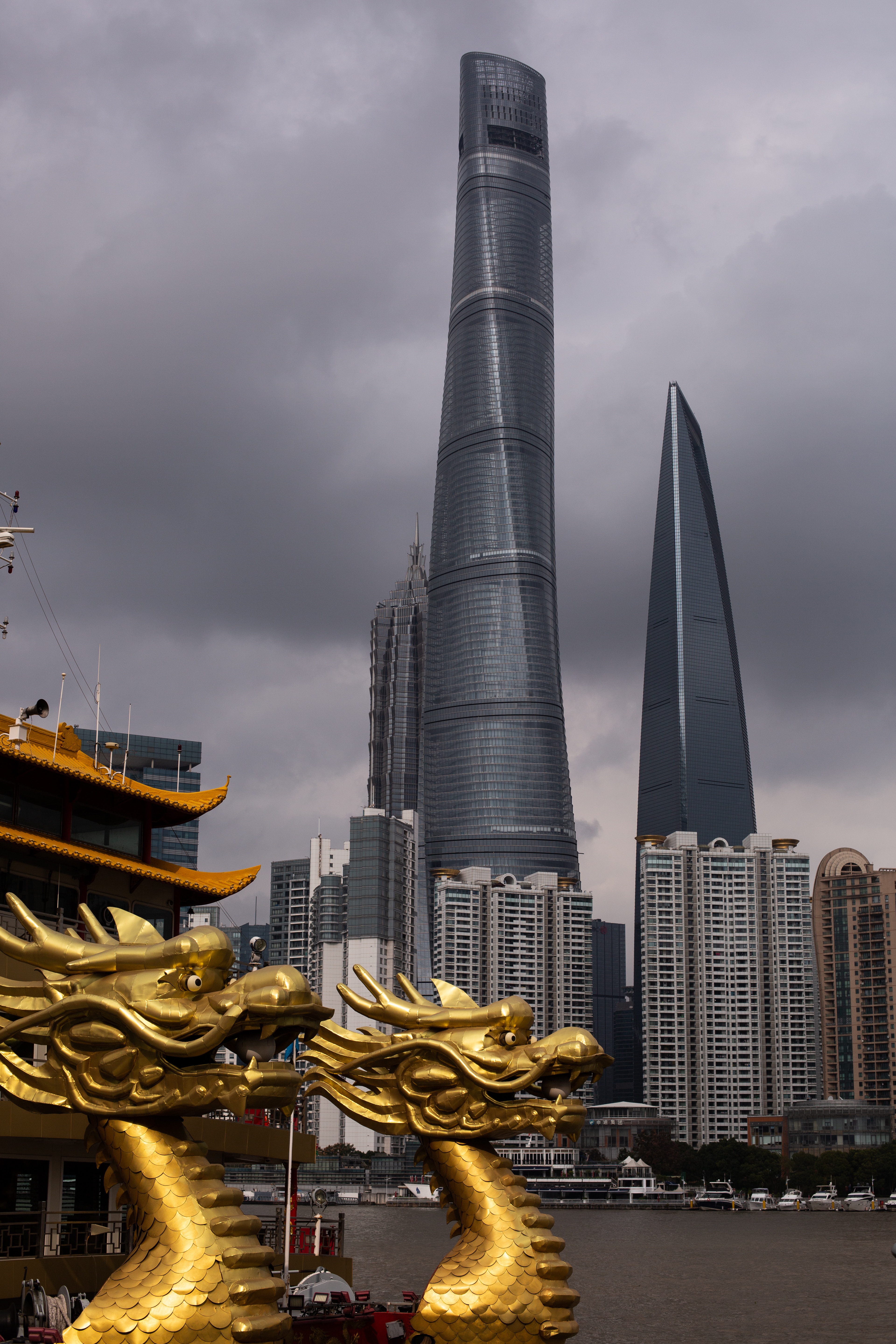Photo by Dmitry Ant on Unsplash
Maria Zakharova, the official representative of the Russian Foreign Ministry, stated that Russia will not participate in the second World Summit scheduled for the end of 2024. She described the summit as an attempt to impose the unviable Zelenskyy Peace Formula and present Russia with an ultimatum for surrender. Zakharova also noted that Moscow does not reject political-diplomatic resolution, but only on terms that reflect current realities, specifically regarding control over the occupied territories of Ukraine.
This refusal highlights Russia’s unwillingness to seek a fair and sustainable solution and confirms its intent to continue the war while ignoring diplomatic efforts to end it. By refusing to participate in negotiations, Russia undermines international initiatives such as the World Summit and violates key principles of international law, including the UN Charter, which calls for peaceful conflict resolution and respect for state sovereignty. Russia insists on negotiations only on its terms, including territorial concessions from Ukraine, which is unacceptable for Kyiv. Ukraine has repeatedly stated that its sovereignty and territorial integrity are not up for discussion.
In contrast, Ukraine continues to actively promote peace initiatives, striving for a fair and long-term resolution to the war. A key step in this direction was the First Global Peace Summit held in June 2024 in Switzerland. The event brought together over 100 delegations from around the world, including Belgian Prime Minister Alexander De Croo, whose participation symbolized solidarity with Ukraine. De Croo’s presence underscored the importance of restoring Ukraine’s territorial integrity as a necessary condition for peace and stability in Europe. His support for peace initiatives demonstrates Belgium’s commitment to international principles and its active role in ensuring European security. This also highlights Belgium’s significant contribution to deterring Russian aggression and supporting Ukraine in its fight for independence. The final communiqué of the summit, signed by 94 countries, strengthened global support for the Ukrainian Peace Formula aimed at restoring sovereignty and ensuring global security.
Ukraine is preparing to present a Victory Plan at the UN General Assembly, discussing it with key allies such as the U.S. and EU countries. This plan aims to bolster security and international support to enhance Ukraine’s negotiating position and accelerate the end of the war.
Russia’s refusal to engage in peace talks not only prolongs the war in Ukraine but also poses a serious threat to stability in Eastern Europe and beyond. Countries such as the Baltic States, Poland, Moldova, Finland, Sweden, and others are at risk, having already faced direct or indirect threats from Moscow. Russia has repeatedly asserted its claims to spheres of influence in these countries, significantly increasing tensions in the region and raising concerns about the security of all of Europe.
Russia continues to insist on its right to interfere in the internal affairs of its neighbours, making international efforts to contain its aggression critically important. In this context, military support for Ukraine and the provision of long-range weaponry remain key factors that could compel Moscow to seriously consider ending the war. Ukrainian forces, having gained access to long-range systems, could strike targets within Russia, putting additional pressure on the Kremlin and its plans to continue the conflict.




